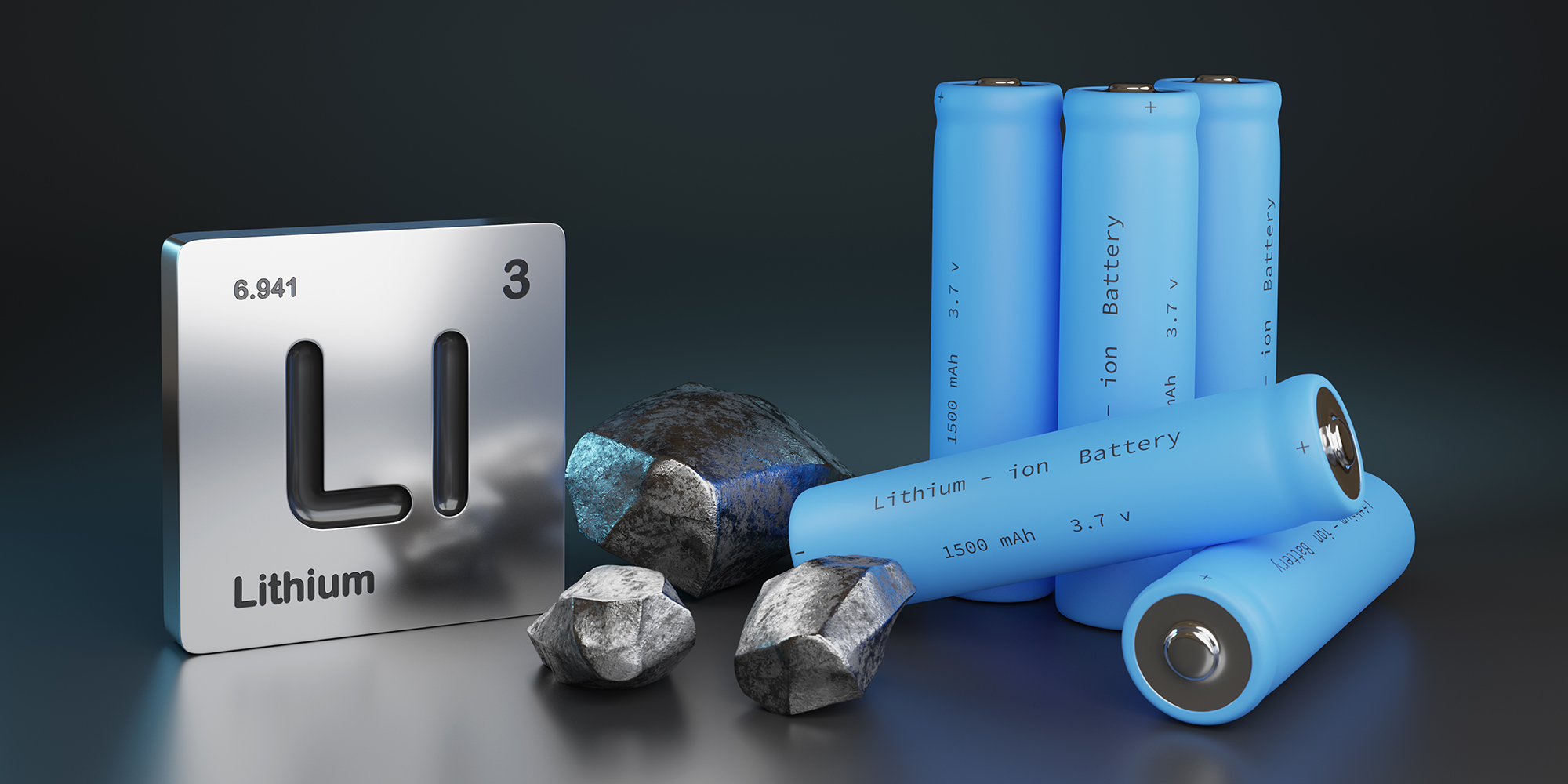Côte d’Ivoire’s expanding mining industry could serve the public interest but poses environmental threats to a country heavily dependent on agriculture and subsistence farming.
The government aims to increase mining’s contribution to gross domestic product from 3% to 6%. Since revising its mining code in 2014, the focus has been on diversifying the gold-dominated sector. Due to the growing global demand for these commodities, nickel, cobalt, rare soils and lithium have been prioritised.
Several lithium sites in the south and north of the country were recently found. On 25 January, Australia’s African Gold discovered lithium sediment in the Agboville region in the south. A consortium of two companies, Ricca Resources and Firering Strategic Minerals, was authorised in November 2022 to exploit the country’s first lithium-tantalum programme, Atex, in the northern Boundiali region.
New mining sites in Côte d’Ivoire
/file/dailymaverick/wp-content/uploads/2023/06/Cote-dIvoire-map.png)
However, the government’s plan to accelerate the development of its mining sector comes at the cost of environmental degradation. Since gaining independence in the 1960s, the country has lost 80% of its forests. Most remaining coverage is concentrated in small protected areas overburdened by farming, bush fires and mineral exploitation. Côte d’Ivoire’s forest cover has plummeted from an estimated 16 million hectares in the 1960s to less than three million today.
Read more in Daily Maverick: Côte d’Ivoire’s renewed stance on graft paying dividends but citizens are still being kept in the dark
While mining accounts for only 8% of deforestation — agriculture, logging and infrastructure are mainly to blame — uncontrolled and poorly regulated mining could destroy what little forest is left. Excavation (lawful and unlawful) drives 80% of forest destruction by the mining sector, with the remaining 20% caused by the processing of minerals. The latter is likely to rise, given recent discoveries and the government’s propensity to issue industrial permits.
Deforestation has caused a drop in rainfall and sparked desertification in Côte d’Ivoire. Unrestricted expansion of the mining sector could lead to the rarefication of arable soils, further disrupting ecosystems and putting agriculture at risk. Almost 60% of Côte d’Ivoire’s arable soil is degraded. Preserving what remains and restoring the damaged ground is vital in a country where subsistence farming supports two-thirds of households, and agriculture makes up 75% of exports and employs 70% of the active population.
Both artisanal and industrial mining pollutes water, air and soil by using chemicals such as mercury. While figures on chemical use by larger companies are unavailable in the public domain, artisanal miners use approximately 558 kg of mercury annually, endangering biodiversity, people’s health and livelihoods.
Northern Côte d’Ivoire has long been a haven for lawless gold and diamond mining due to the country’s porous borders, the marginalisation of local populations and the 2002-11 rebellion. Locals see illegal activities as a means of survival, and with the Atex mine’s proximity to these border regions, the site and its surroundings are vulnerable to environmental destruction.
Explorations at Atex and adjacent sites revealed precious minerals other than lithium, which could attract locals and external actors, sparking a mineral rush. This might threaten green areas such as the Comoé National Park and arable soils in the northern farming region.
One could argue that the high level of technology and skill required to extract lithium makes non-industrial exploitation unlikely, but several cases contradict this. China took steps to prevent artisanal lithium extraction in Yichun. In the Democratic Republic of the Congo, illegal artisanal cobalt mining, an important commodity for manufacturing lithium batteries, has caused cities to be destroyed due to community anger at the state’s inability to provide services and share mining dividends. Côte d’Ivoire faces similar vulnerabilities.
The Ivorian government should act fast to restore community trust in the state. It also needs to propose economic alternatives for those reliant on artisanal mining. Identifying and granting permits to small-scale miners is a commendable first step, but further implementation of the 2014 mining code is needed, particularly on artisanal mining.
As a signatory to the Minamata Convention prohibiting the use of mercury in mining, Ivorian authorities should improve the monitoring of mining sites. This would ensure environmentally friendly methods are used, that only authorised parties exploit the minerals, and that mining is limited to allocated areas.
Police patrols and operations by the Brigade for the Repression of Infractions of the Mining Code show the government’s willingness to enforce the law. Monitoring committees, local authorities and affected communities could strengthen state capacity to do so.
Innovative and anticipatory responses are also needed, such as exclusively delineating zones for farming and biodiversity protection. Given the country’s small size, the government should demarcate a maximum portion of land that can be ceded for mining. This would secure arable soils for farming in the long run, since post-mining soil reconstitution takes decades. DM
Moussa Soumahoro, Researcher, Africa Peace and Security Governance, Institute for Security Studiers (ISS) Addis Ababa.
First published by ISS Today.





 Global demand for lithium has seen the prioritisation of mining for the mineral in Côte d’Ivoire. (Image: iStock)
Global demand for lithium has seen the prioritisation of mining for the mineral in Côte d’Ivoire. (Image: iStock)